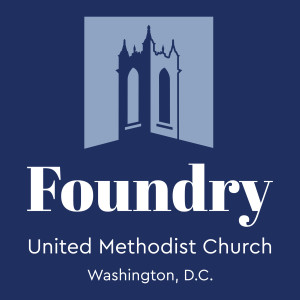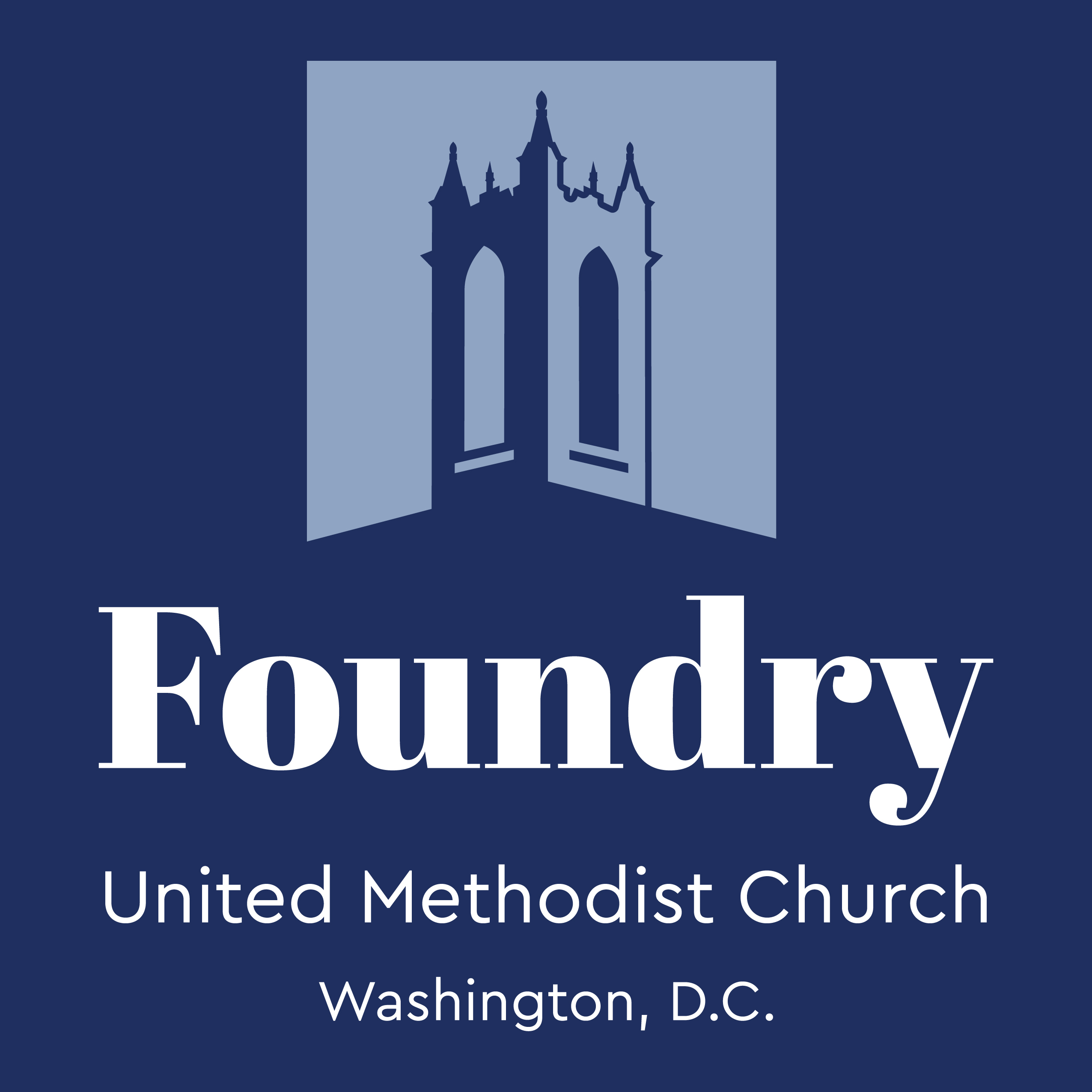Episodes

Sunday Oct 16, 2022
Cultivating A Future With Hope - October 16th, 2022
Sunday Oct 16, 2022
Sunday Oct 16, 2022
Cultivating A Future With Hope
A sermon preached by Ginger E. Gaines-Cirelli at Foundry UMC October 16th, 2022. “A Future With Hope" series.
Text: 2 TIMOTHY 1:1-2, 5-7; 3:14-15

Monday Oct 10, 2022
Claiming A Future With Hope - October 9th, 2022
Monday Oct 10, 2022
Monday Oct 10, 2022
Claiming A Future With Hope
A sermon preached by Ginger E. Gaines-Cirelli at Foundry UMC October 9th, 2022. “A Future With Hope" series.
Text: LUKE 17:11-19

Tuesday Oct 04, 2022
Perceiving A Future With Hope - October 2nd, 2022
Tuesday Oct 04, 2022
Tuesday Oct 04, 2022
Perceiving A Future With Hope
A sermon preached by Ginger E. Gaines-Cirelli at Foundry UMC October 2nd, 2022. “A Future With Hope" series.
Text: LUKE 24:13-16, 28-35

Monday Sep 26, 2022
Why It Matters - September 25th, 2022
Monday Sep 26, 2022
Monday Sep 26, 2022
Why It Matters
A sermon preached by Ginger E. Gaines-Cirelli at Foundry UMC September 18th, 2022. “Mosaic, Piecing It Together" series.
Text: LUKE 16:19-31
https://foundryumc.org/archive

Monday Sep 19, 2022
Shrewd and Faithful Care - September 18th, 2022
Monday Sep 19, 2022
Monday Sep 19, 2022
Shrewd and Faithful Care
A sermon preached by Ginger E. Gaines-Cirelli at Foundry UMC September 18th, 2022. “Mosaic, Piecing It Together" series.
Text: LUKE 16:1-13
https://foundryumc.org/archive

